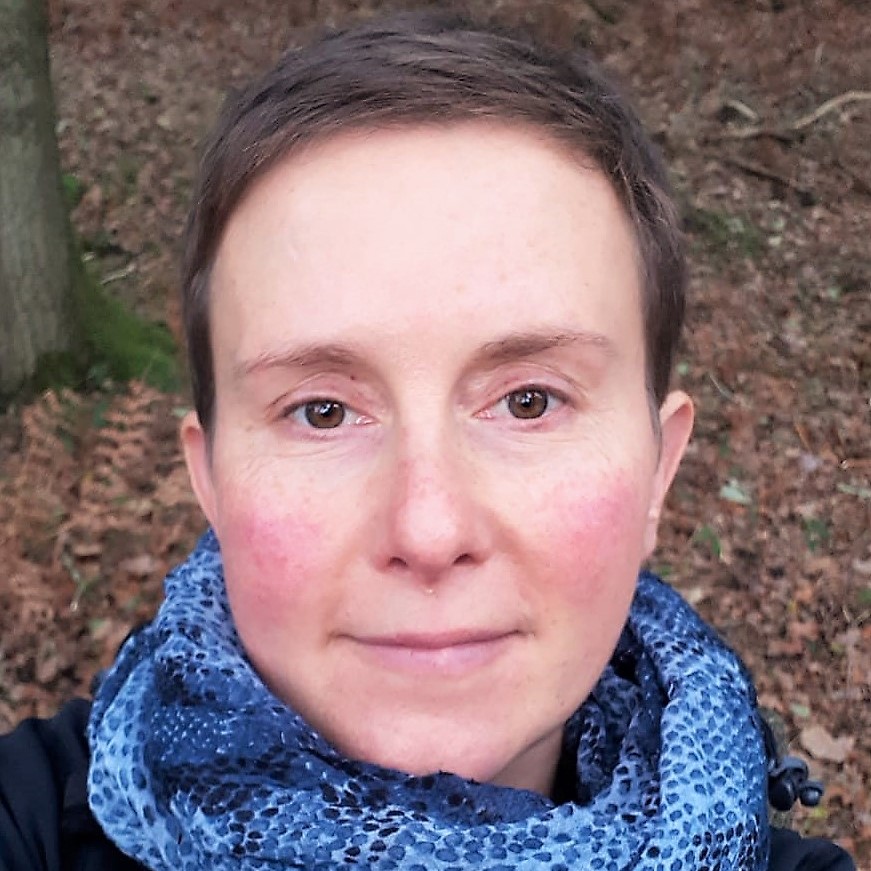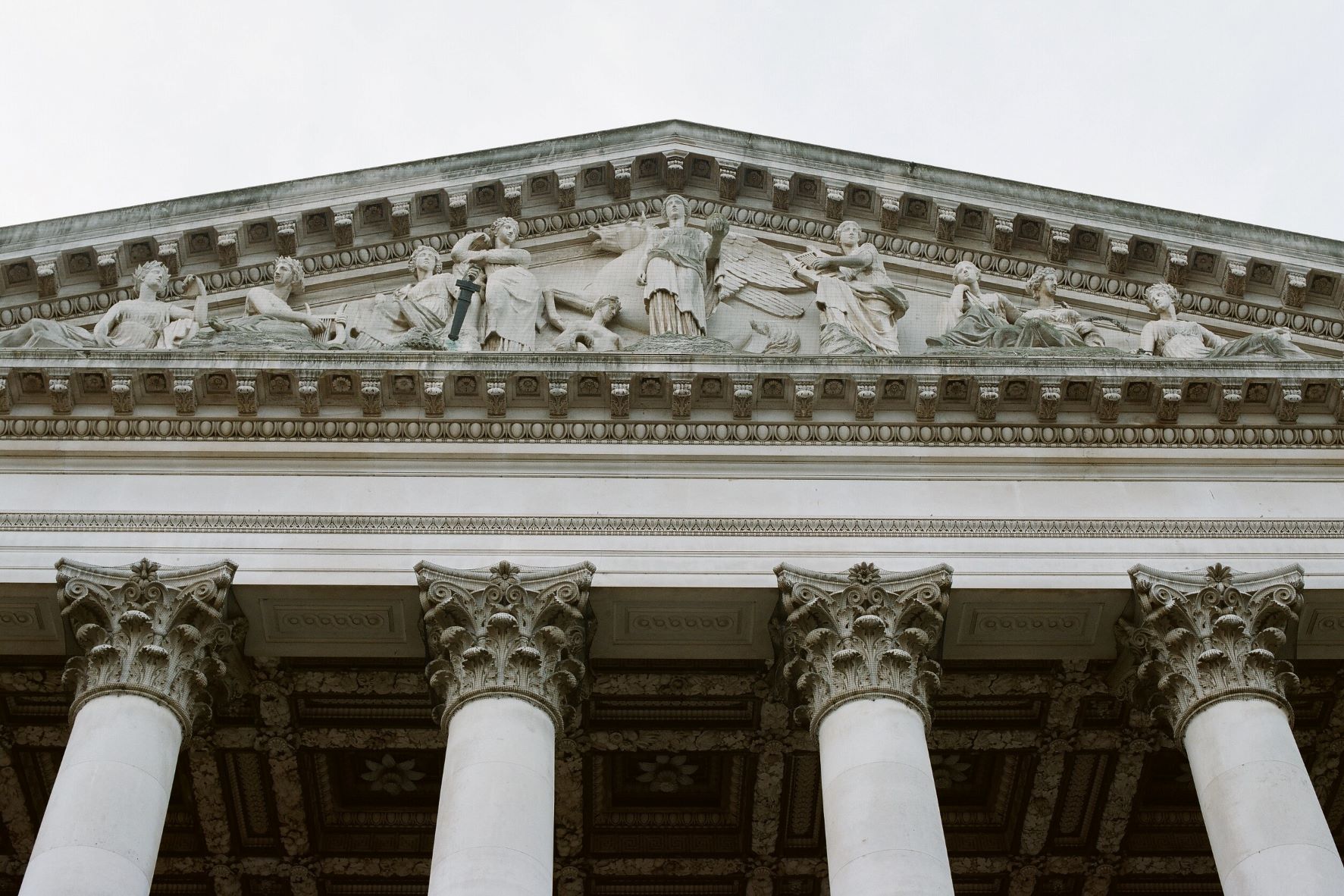Spotlight: University Diversity Fund

Author: Dr Joanna Jasiewicz works as an Equality, Diversity and Inclusion Consultant at the ED&I Section, and is a sociologist by background. Joanna specialises in the area of racism and race, and is particularly interested in culture change, normalising conversations about race, and in somatic approaches to healing from racism.
Efforts to challenge inequalities and drive equity and inclusion are more likely to be effective if they are embedded, informed and led by multiple teams, individuals and institutions. This helps to increase impact, support institutional change, and is likely to engender local buy-in and commitment to drive forward this work. These principles underpin the creation of the University Diversity Fund in 2019.
The University Diversity Fund
The University Diversity Fund (UDF) was launched in the spring of 2019 to fund projects across the University that aim to address inequalities, increase the representation of underrepresented groups and facilitate implementation of good practice at local levels. The Fund provides grants of up to £1500 and is open to applications from both students and staff, particularly encouraging student-staff collaborations.
The UDF was created with the intention to inspire and support bottom-up local initiatives, and is based on the premise that addressing inequalities should not - and cannot - be driven only by top-down efforts. When the agency and ownership of a project is held locally, and the initiative is underpinned by local knowledge of issues and what may work in specific circumstances, the activity is much more likely to successfully challenge inequality.
The UDF is managed by the ED&I Section, who support an annual call for applications, set up an independent selection panel of staff and students who evaluate the submissions, and then support recipients of the Fund throughout the project cycle. We closely collaborate with UDF project leads throughout the year, creating a space to exchange knowledge and build networks, facilitating conversations and connections, and helping to identify in advance any issues that might lead to difficulties in fulfilling the project aims.
Successful UDF Projects
There have been three calls for applications so far: the first round of the UDF received 13 successful submissions, the second funded 16 initiatives, and the most recent application round (that closed only last November) will support a record number of 30 projects in 2022.

Each call has received submissions from a wide range of applicants including students, academics and professional services staff, based in a variety of Departments and Institutions.
The nature of submissions has also been extremely diverse, including poster campaigns, podcasts and websites celebrating the achievement of staff and students from underrepresented backgrounds at Cambridge, support for decolonisation activities in the University libraries' collections, developing an anti-racist glossary, and creating best practice guidance on the use of content notes for lecturers. Some examples of projects from previous years are described below:
The History of Anti-Racist Education
A workshop was led by PhD students from the Faculties of Education and History to inform and raise awareness of the history, theory and practice of anti-racist education in Britain. The workshop provided participants with insights and tools to develop teaching, learning and research environments which support all students to success in their studies.
BrainBus
The 'BrainBus' project, created by the MRC Cognition and Brain Sciences Unit, brought diverse neuroscientists and purpose-designed interactive neuroscience activities into the primary classroom at no charge to schools. The initiative delivered an outreach experience to underprivileged children, inviting them to learn about subjects, careers and role models to which they might not otherwise have access.
A Great Recorded History: Queer Cambridge Audio Trail

An audio-led walking tour of Cambridge organised by the Faculty of English provides insights into the city's LGBT+ history. The downloadable audio trail created a portrait of Cambridge's queer and trans past, drawing on the oral histories of older members of Cambridge's LGBT+ community, interspersed with snippets from the writings of famous Cambridge residents and students.
Striving Towards Anti-Racist Research in Youth Literature
A student-led group formed under the name Striving Towards Anti-Racist Research in Youth Literature (STARYL) hosted a series of workshops delivered by Black, Indigenous and People of Colour researchers, looking specifically at anti-racism in the field of children's literature and related arts, humanities and social science disciplines.
RePresent Project
The RePresent Project, led by researchers at the Faculty of Archaeology, brought the voices of historically excluded communities into museums. The project worked with the Cambridge African Network and the Museum of Archaeology and Anthropology to bring the voices of people of African descent into the museum's galleries.

Diversity in Museums
Another project focused on building relationships between the Fitzwilliam Museum and student groups interested in diversity, race and representation, as part of a wider University of Cambridge Museums initiative to diversify the museum voice. Fifteen students participated in an online workshop with museum staff led by an external facilitator, and discussed the questions of diversifying the museum voice and the role of students in research and engagement around legacies of empire and enslavement.
The 2022 Round of the UDF
This year saw a record number of successful applications, focusing on a diverse range of issues and related to all protected characteristics under the Equality Act 2010. The projects include development of a research magazine and ecosystem to democratise access to academic research, creation of a training programme to educate the next generation of geoscientists and geographers in public scholarship and community-based research in the field of land justice, generating effective strategies for attracting diverse candidates through the University's recruitment efforts, and further development of the End Everday Racism platform.
We are delighted to be able to support the next iteration of the UDF and work with such fantastic project leads to help them bring their projects to completion, creating spaces for connection, learning and exchange between the project leads and the entire University community.
Cambridge Teaching & Learning Newsletter vol. 3 (issue 3) February 2022
